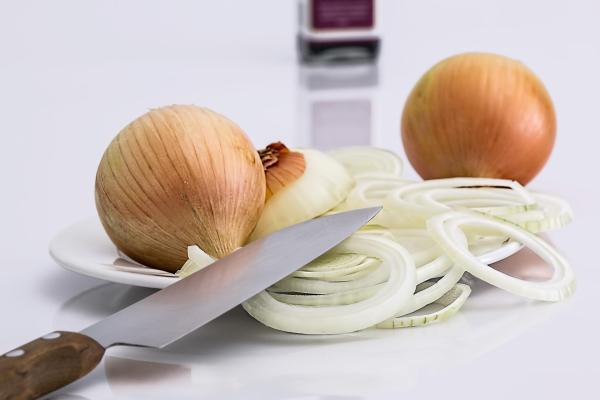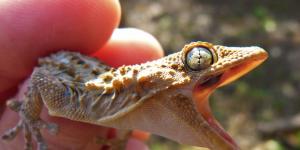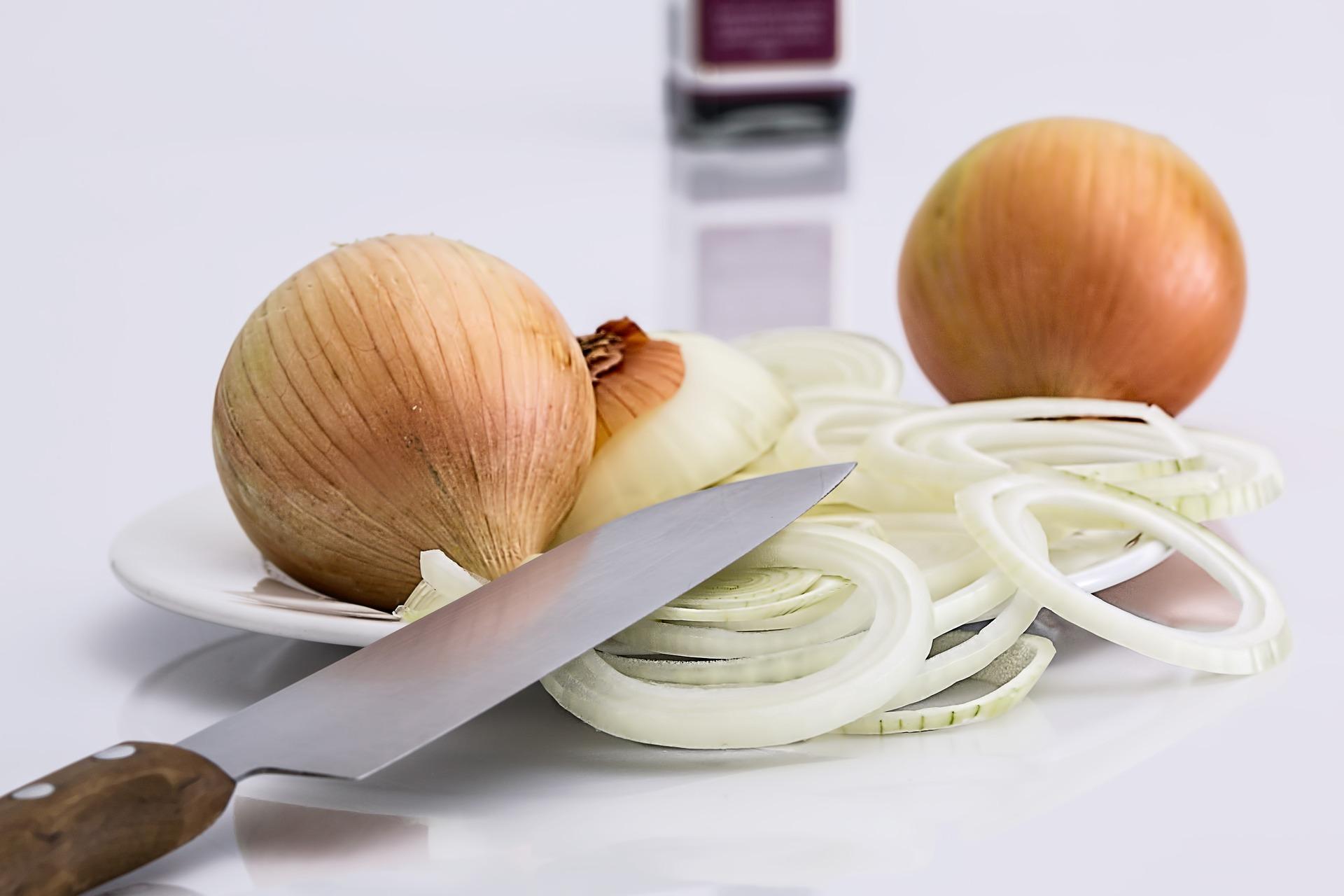How to Get Rid of Mice in Your House Naturally?


Mice, those tiny, quick critters, can become unwelcome house guests. While they might seem harmless at first glance, a mouse infestation in your home can quickly turn into a big problem. These furry intruders can cause damage by gnawing on wires and furniture, and worse, they can also pose health risks by contaminating food and surfaces with bacteria and diseases.
This AnimalWised article explores 10 humane methods and home remedies to deter mice. It covers everything from eliminating attractants to creating deterrents, providing a well-rounded approach for a mouse-free environment.
Home remedies to keep mice away
Scaring away mice from your home can be achieved using natural and non-harmful remedies. Here are seven cost-effective methods:
Peppermint oil
Mice dislike the strong scent of peppermint oil. Soak cotton balls in peppermint oil and place them in areas where mice are likely to frequent, such as entry points or corners of rooms. Remember to refresh every few days as the scent weakens.
Mothballs
The odor of mothballs is unpleasant to mice. Place mothballs in areas where mice are active. However, keep in mind that mothballs contain naphthalene, a toxic substance harmful to humans and pets if inhaled or ingested. Also, naphthalene can contaminate air and soil, posing a risk to wildlife and potentially entering the food chain.
Ammonia
Mix equal parts of water and ammonia in a spray bottle and spray the solution in areas where mice are present. The strong smell will deter them from returning. However, it is crucial to point out that, while the strong smell might initially deter them, mice can become accustomed to it over time. Furthermore, ammonia fumes can irritate the eyes, skin, and respiratory system, especially in confined spaces. Exposure can cause coughing, wheezing, and burning sensations. It's particularly dangerous for people with asthma or other respiratory problems.
Cayenne pepper
Sprinkle cayenne pepper in areas where mice enter your home or nest. The spicy scent will discourage them from staying because the strong scent and spiciness can irritate a mouse's nose and respiratory system, making them avoid the area. While generally safe for humans in small quantities, avoid placing it in areas accessible to pets and children who might accidentally inhale or ingest it, which can cause irritation. On a positive note, cayenne pepper is quite affordable.
Steel wool
Steel wool is a different approach compared to the natural repellents we've discussed. Mice dislike the rough texture and will be deterred from chewing through it. Stuff steel wool into small openings or cracks where mice may enter your home. You can stuff steel wool around pipes, behind appliances, or anywhere you suspect mice might be entering. Opt for medium-grade steel wool, as it's flexible enough to be crammed into small spaces yet coarse enough to deter mice. Also, steel wool doesn't pose any health risks to humans or pets when used appropriately.
Bay leaves
The strong scent of bay leaves acts as a natural repellent and contrary to other solutions, the bay leaf aroma is generally considered pleasant for humans. Place bay leaves in cupboards, pantries, or other areas where mice are present. You can use whole bay leaves or crush them slightly to release a stronger scent. Consider creating small fabric pouches filled with bay leaves for easier placement and replacement.
Cat litter
Used cat litter, especially from a cat that hunts outdoors, might carry traces of feline scent that some believe deters mice. However, the effectiveness depends on the individual mouse's experience and boldness. There's no scientific consensus on how effective cat litter truly is as a deterrent. Some mice might not be bothered by the scent, or they might get used to it over time.
Also, it is crucial to point out that certain types of litter, particularly those with strong perfumes or food scents, might actually attract mice instead of repelling them. Ensure the litter is used and does not pose a health risk to pets or humans. Place the litter in shallow trays near suspected entry points, but avoid areas where children or pets might come into contact with it.
Learn more about using scents mice hate as a natural defense strategy in our follow-up piece.

Other strategies to deter mice
Mice, like any living creature, have an appetite. The first step is cutting off their access to food within your home. Picture a transformation from a feast of crumbs and spills to a barren landscape—this is precisely the environment you want to create to deter these nibblers. Here's what to do:
- Ensure all food items are stored in airtight containers. This includes cereals, grains, pet food, and other tempting morsels for mice.
- Address spills promptly. Don't allow minor mishaps to become a banquet for mice. Also, wash dishes promptly or store them in a dishwasher with a closed lid.
- Empty trash cans regularly and keep the bin clean with a tightly sealed lid.
Maintaining a clean and organized home offers more than just aesthetic benefits, it allows for early detection of infestations. Signs of mice, such as droppings, gnaw marks, or even the mice themselves, become much more apparent in a tidy environment. This allows you to identify and address the issue before it escalates.
Clutter serves as a treasure trove for mice in search of nesting materials. By decluttering and maintaining organization, you significantly reduce the available nesting areas for these unwelcome guests.
While cleanliness is critical, it's not the sole weapon in your anti-mouse arsenal. Consider these additional strategies:
- Seal entry points: inspect walls, foundations, and areas around pipes for potential entry points, then seal them to prevent intrusions.
- Get professional help: for significant problems, consider professional pest control services.
Prevention and deterrence methods are more sustainable than simply eliminating existing mice. They address the root cause of the problem, making your home less inviting to future infestations. Investing in preventative measures like sealing entry points and practicing good hygiene can save you money in the long run compared to the cost of repeated treatments or extensive repairs due to mouse damage.
This article tackled natural solutions for mice. But did you know there's another rodent you might be dealing with? Learn more about how to distinguish between mice and their larger cousins, rats, in our follow-up piece.

If you want to read similar articles to How to Get Rid of Mice in Your House Naturally?, we recommend you visit our Facts about the animal kingdom category.







